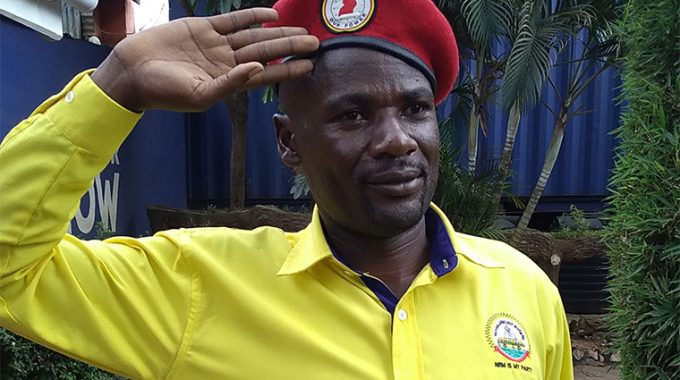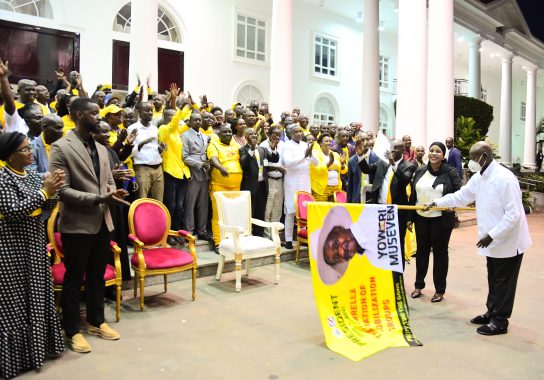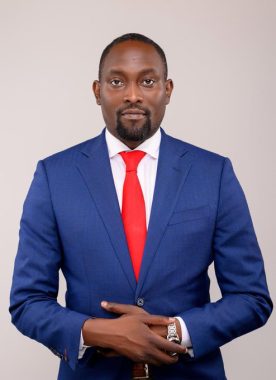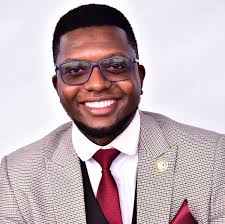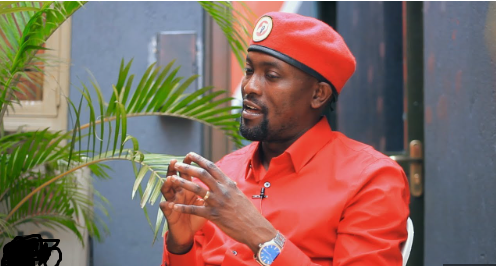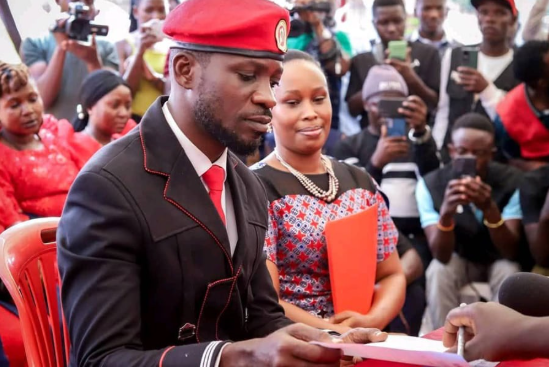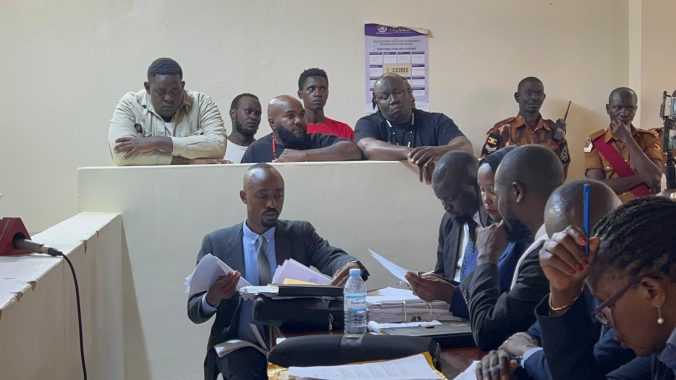Igara West Member of Parliament, Gaffa Mbwatekamwa, has returned to school.
Our ever-awake snoops have it on record that the vocal lawmaker has enrolled at King Ceasor University to study law.
The University’s owner, King Ceasor Mulenga, correlates our snoops’ story.
“I welcome Hon. Gaffa Mbwatekamwa at King Ceasor University in Kampala to study law. Hon. Mbwatekamwa is the MP for Igara County West in Bushenyi. I am giving more scholarships to Members of Parliament to study law,” Mulenga, the Honorary Consul of Vietnam to Uganda tweeted Sunday.

However, what we know is that Members of the 11th Parliament recently welcomed the move to set a requirement for MPs at degree level.
Whether Mbwatekamwa possesses a degree qualification or not, we don’t know.
This was after a section of Members of Parliament (MPs) emerged, pushing to have the current minimum academic requirements for legislators and presidential aspirants raised to degree as opposed to the current Advanced Level certificate.
The proponents of this Bill led by Tororo District Woman MP Sarah Opendi contend that the current A-Level minimum requirement for one to join Parliament or contest for the top seat of president, is outmoded.
They also argue that the country is flooded with citizens in possession of A Level certificates due to the free universal education provided by the government.
The four core roles of MPs are legislation (MPs debate and pass laws through which institutions of government endeavor to guide the country’s process), budget approval/ appropriation (involves analysing and passing the national budget every year), oversight (involves monitoring and bringing to the attention of ministers and the public about misuse of government funds) and lastly, representation of their electorate by holding consultative meetings with their voters, updating them on the activities of Parliament and government programs.
Records of the Hansard of Parliament show that some MPs finish the entire five years in the House without uttering a single word. Some decide to keep quiet because they are not well conversant with the English language, which is the official language spoken in Parliament. It’s usually this category of legislators who are very busy in corridors of Parliament giving bytes to journalists on issues discussed inside the House and they mainly do so in vernacular.




